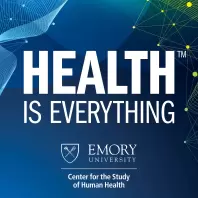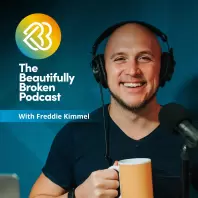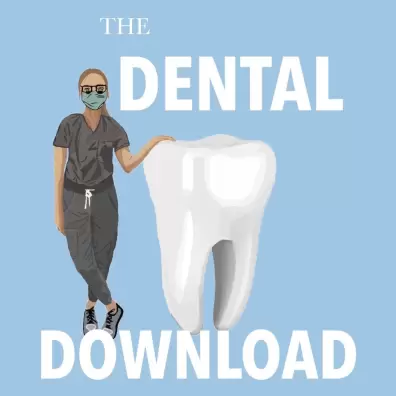What if burnout isn’t a personal failure—but a signal that something deeper is asking to be heard? In this powerful episode, Dr. Charles Raison sits down with Rachel Druckenmiller, a nationally recognized keynote speaker, and workplace wellness expert, for a raw and energizing conversation about what it means to unmute yourself—learning to speak up, show up, and live more fully aligned with who you really are.
Rachel shares her deeply personal story of going from a shy, rule-following child to becoming a dynamic speaker helping others find their voice. Along the way, she opens up about the irony of burning out while leading wellness initiatives—and the inner excavation that helped her reimagine success, purpose, and worth.
Together, Charles and Rachel unpack the deeper roots of workplace burnout, why so many wellness programs fall short, and how small but meaningful conversations can create psychological safety and re-humanize the workplace. Rachel also introduces actionable tools—from the “rose reflection” to the “immunity to change” process—that help people challenge perfectionism, rewire limiting beliefs, and step more fully into their potential.
Whether you're a leader, a people-helper, or simply someone trying to balance purpose and pressure, this episode is full of insight, empathy, and inspiration. Get ready to rethink burnout—not just as something to fix, but as something that, when listened to, can lead to a more honest, fulfilling way of living and working.
Featuring:
Rachel Druckenmiller: keynote speaker and wellness expert on "unmuting yourself" to speak up and live authentically.
Host:
Charles Raison, Psychiatrist, Professor at the University of Wisconsin-Madison and Emory University
About Emory University's Center for the Study of Human Health:
The Emory Center for the Study of Human Health was developed to expand health knowledge and translate this knowledge to all aspects of life – for the individual and populations as a whole. The Center assembles the extraordinary faculty, researchers and thought leaders from across disciplines, departments, schools and institutions to bring this knowledge to Emory University students and inspire them to become leaders for the next generation in meeting challenges facing human health.
Follow Us:
Blog: Exploring Health
Facebook: @EmoryCSHH
Instagram: @EmoryCSHH
Twitter: @EmoryCSHH










